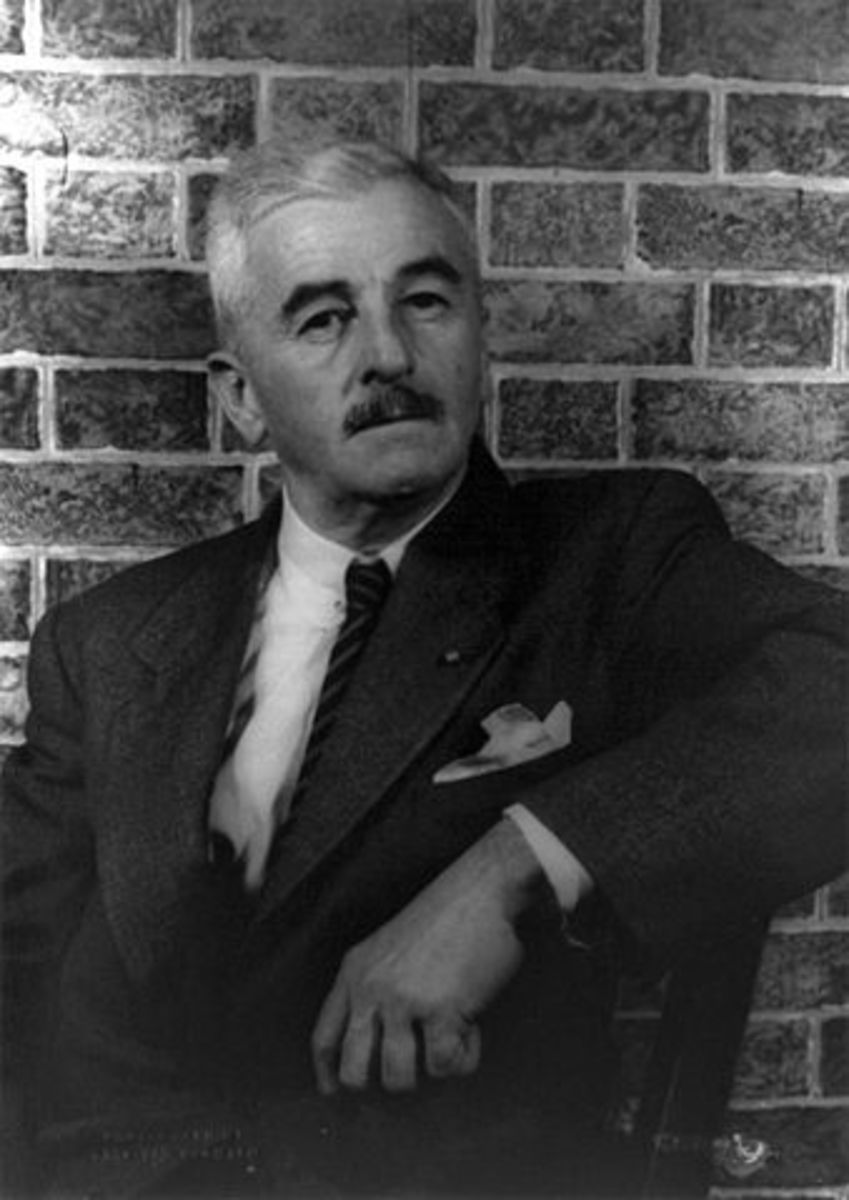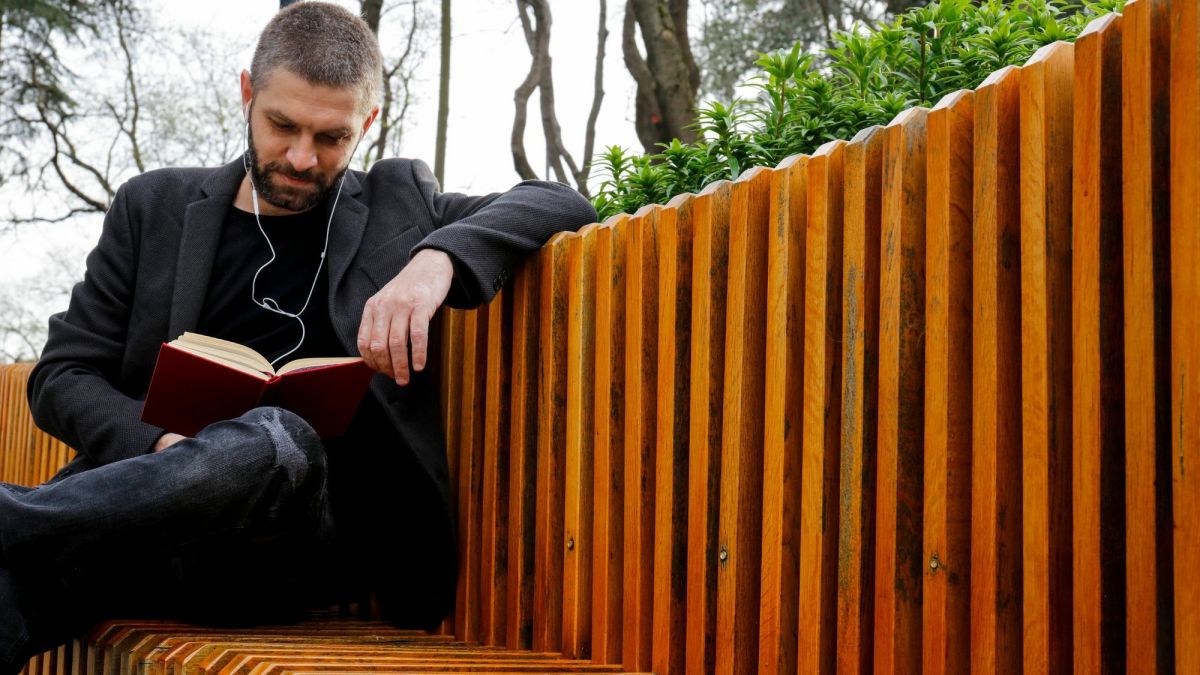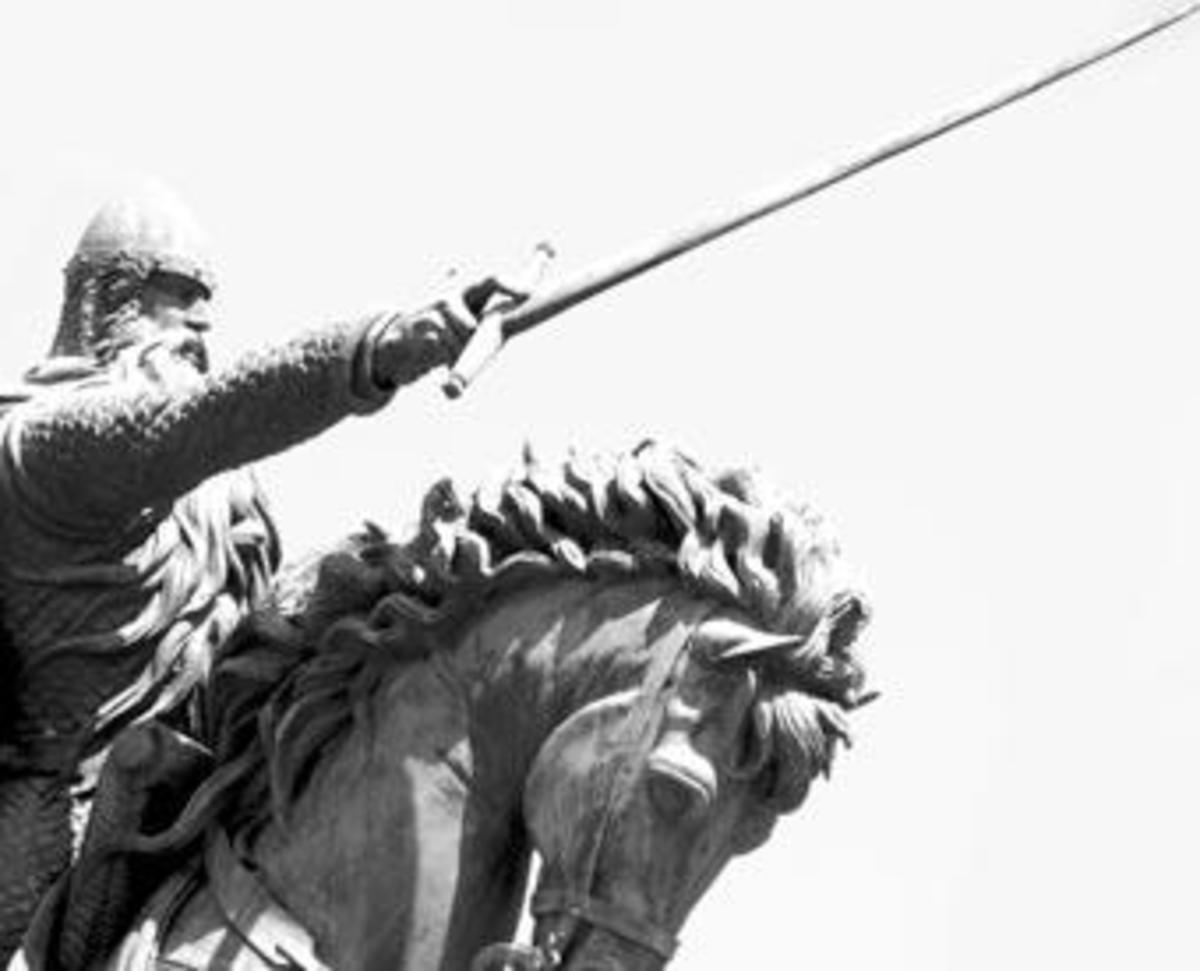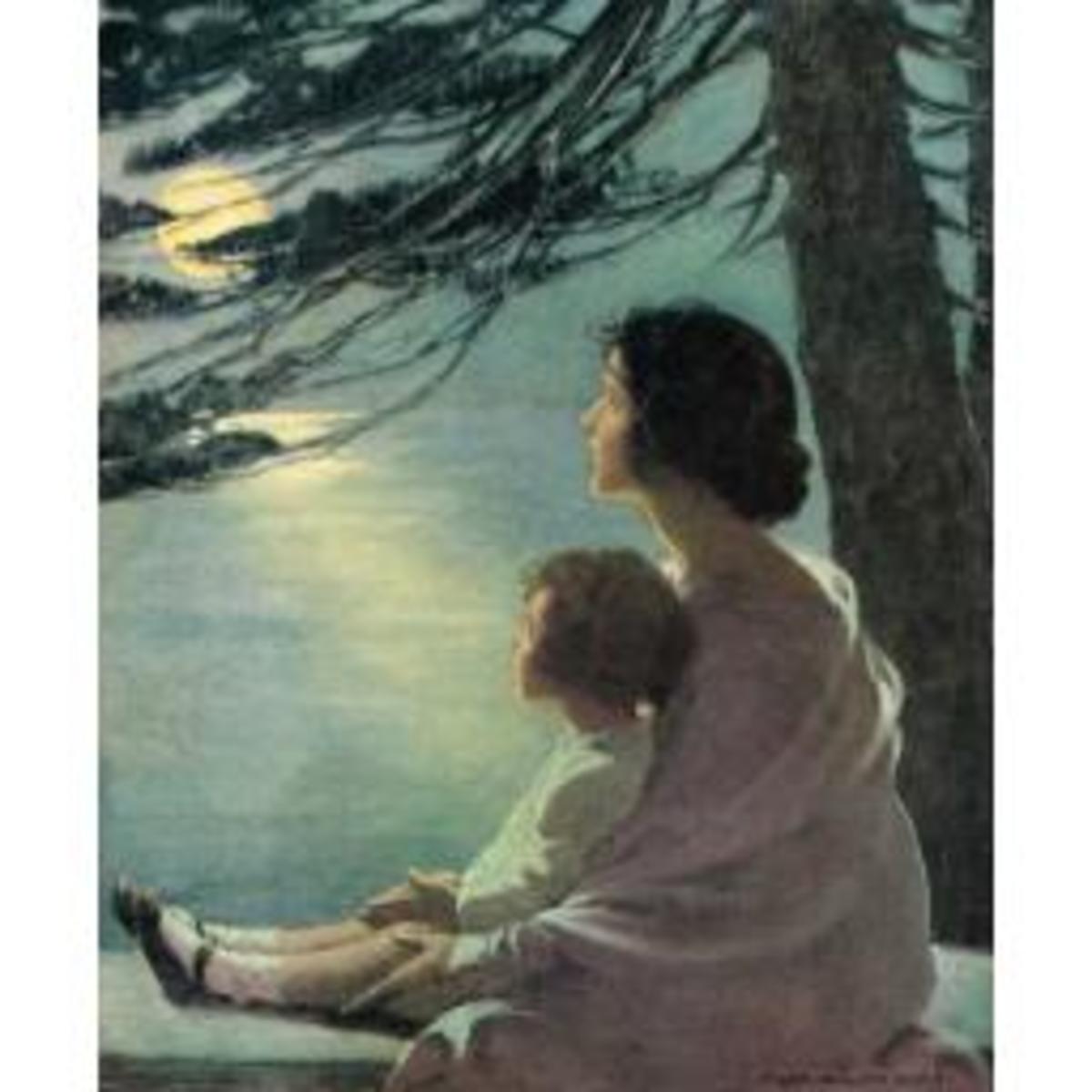As He Lay Dying
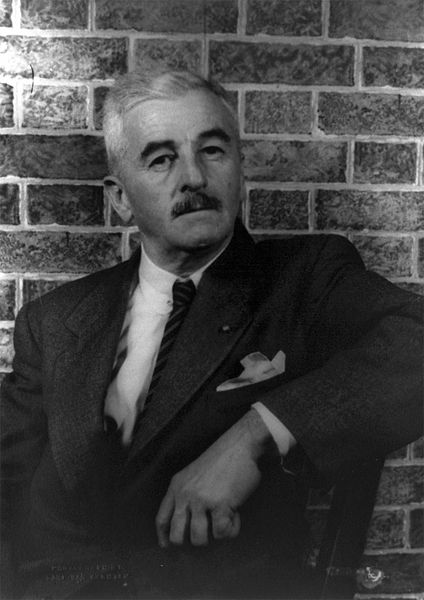
I think maybe the reason we are where we are in this country might be best summed up with the words of a recovering alcoholic I met at a party years ago, who, when I asked why he stopped drinking, replied, “Lost the car, the house, the wife” (italic emphasis mine) - in that order. Obviously, his priorities are a bit backwards, right?
It was a bit off-putting, I must say. “Oh,” I said, ending the conversation. But being a woman after all, and hearing for the first time a man openly proclaiming my status as a female in his mind, I was left lingering with the thought, “Why stop drinking then”?
That is because I was wondering what kind of mind lives this way. You know, the kind of mind that contemplates nothing more than possessions, and believes the loss of them is sure evidence of something wrong that it took only the loss to realize. I pondered too that perhaps life could be as difficult for him in a relative context if indeed one lived totally bereft of his or her own character flaws. In truth, I was trying to imagine being him. I wondered too if perhaps he had not hit bottom hard enough yet to actually realize it, that maybe he was just taking a moment to reflect. Or perhaps I felt angry to find myself actually "forced" to think about this, for one had to if they were me at that moment. Did he love her? Maybe so.
Falling down drunk, perhaps on the pavement; or finding oneself traipsing between life and death, is a big trauma and mind-altering experience that never goes unchecked in memory when forced to choose between the two. So although my friend may appear fortunate to some because he had not fallen so far, his attitude – at least in my opinion – concerned me a bit, fearing maturity might grant him a higher sphere of newer and more painful blows.
This made me think of why it’s fashionable to hate religion today, believe it or not. That is because I know of many people today who are looking for love from someone that is "functional" or "convenient" - like this guy did - and needing love but incapable of giving it back. The correlation between what one values and threat of its loss is the same for all of us if you think about it, whether one believes in God or not. But, today, people do not reach too deep, the depth some will go to dissect their own inner motives, the kind of depth that hits the hidden unconscious, dissecting and analyzing and then holding one accountable to others for their attitudes, responsible in circumstances when they do wrong and even in circumstances when no one else might of thought what they did was wrong. A good example of this might be the situation in divorce where one spouse fights to be seen as "more virtuous" than the other when everyone knows it's just not that simple.
This is not to say that secularists don’t possess this quality, but I will say that if William Faulkner (a secularist alcoholic) ever wanted to stop drinking in his lifetime, his reasons for doing so would be based too on his being convinced of some kind of inward failing that seemed to have eluded my friend. Not to say one is necessarily better than the other, but I am assuming that there are some alcoholics people can relate to and feel sorry for - and others they may not. I mean, William Faulkner drank because life truly dealt him a blow of discernment that others had not quite grasped. (I can relate to that!) Life in general, I mean, and discerning something that others failed to see or notice, not just loss of possessions. Just read some of Faulkner's written works like “As I Lay Dying,” for example. The title says it all, doesn’t it?
Some have said that he drank as he wrote, but whether true or not, if I had the opportunity to meet him to ask him why he gave up drinking (I mean – hypothetically speaking – like if he actually gave up drinking and we were friends talking at a party), he might have said, “I gave it up because I was losing my mind and was afraid I'd lose my life.” (He wouldn't say he stopped drinking because he lost "the wife"!)
My point is that just like religious persons, secularists too, like William Faulkner, know “spirit” on a human level, even though their thoughts do not rise above the firmament. And like the religious, they too have people within their sphere that say stupid things sometimes. But I would bet that if I said to Bill (William Faulkner), “I’ll pray for you,” he would not have been offended at all, but, rather, would have politely accepted my blessing. He would have understood it. Yep, I bet he would have done so also because, back at the time he lived, the religious and secularist understood – both understood – that life’s a real bitch sometimes for each and every one of us, and no matter what one believed, both understood and accepted the other and what one had to do to "get through the night."
I believe we are where we are in this country because we started to care more about power and material things. Christians and humanists too ought not to focus on those things either. What we should pray for, or if one is humanist, strive for, is that inward healing of anxiety so as to transform our minds to better cope with the terror of so much persecution for being an individual without a group that defines who we are.
As I see it, the recovering alcoholic I met at the party who stopped drinking because he “lost the car, the house, the wife” might well be on the road to relapse because, though sober now, it is the kind of sobriety, cultivated by material concerns and focus, that might one day cause this man to lose himself again; all because the superficial logic that has infected him is bound to be realized by him one day too late. And if our society is so broken as to nurture the idea of material loss as failure, and material gain the only success, it might be all the more difficult to summon up the courage for anyone to feel the hope of courage and change - even though we ought to.
So you know what? I did pray for him; though I never told him so. I prayed for myself too, and still do, and I pray for my country every day.
© 2014 Cynthia Taggart

